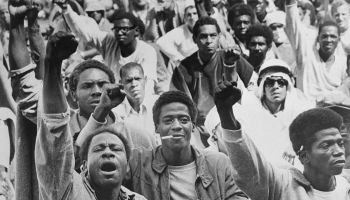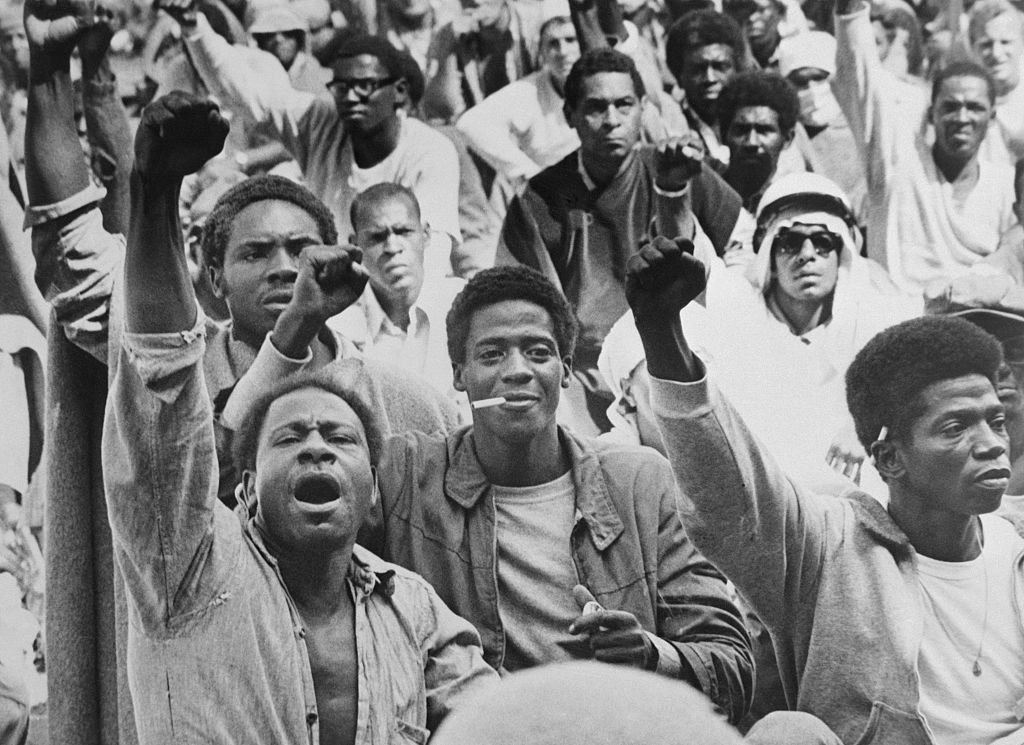
Source: Bettmann / Getty
In the spirit of celebrating our heritage and recognizing the strength of our community, let’s take a moment to remember the Watts Riots, which happened from August 11-16, 1965.
Watts Riots
According to History, in the two years preceding the riot, police shootings targeted 65 Black residents, with 27 incidents involving shots in the back and 25 individuals being unarmed.
The Watts community was mostly Black. The people who lived there often felt mistreated by the police. It wasn’t just this incident; it was a history of unfair treatment. Poverty was rampant; good jobs, nice houses and good schools were scarce. When Marquette Frye was arrested, the neighborhood erupted. People were tired of being treated unfairly. For six days, the streets were on fire – not just with buildings, but with anger. The people wanted fairness, respect and change.
The Watts Riots weren’t just about that moment, though. They were about bigger problems – how Black people were being treated across the country. The riots forced people to open their eyes. They shook things up.
After the chaos settled, conversations changed. People realized there were deep issues that needed fixing. Efforts to make things better started, not just in Watts, but in other places too. It’s part of a tough journey, but an important step towards fairness.
The Watts Riots remain a crucial chapter in history.
The Watts Riots of ’65 spoke to the truth loudly. Then, more recently, the Montgomery Brawl followed suit.
In Montgomery, history repeated itself, not in the same circumstances but with a familiar refrain of unity. A Black riverboat co-captain faced aggression from a group of white individuals. Yet, in an inspiring display of solidarity, a diverse crowd of predominantly Black people came to his aid.
While we commemorate the Watts Riots, keep reading to take a moment to look back at other notable Black uprisings in history.
The post Revolution! 10 Notable Black Uprisings appeared first on NewsOne.
Revolution! 10 Notable Black Uprisings was originally published on newsone.com
1. The 1831 Southampton County Slave Rebellion Led by Nat Turner
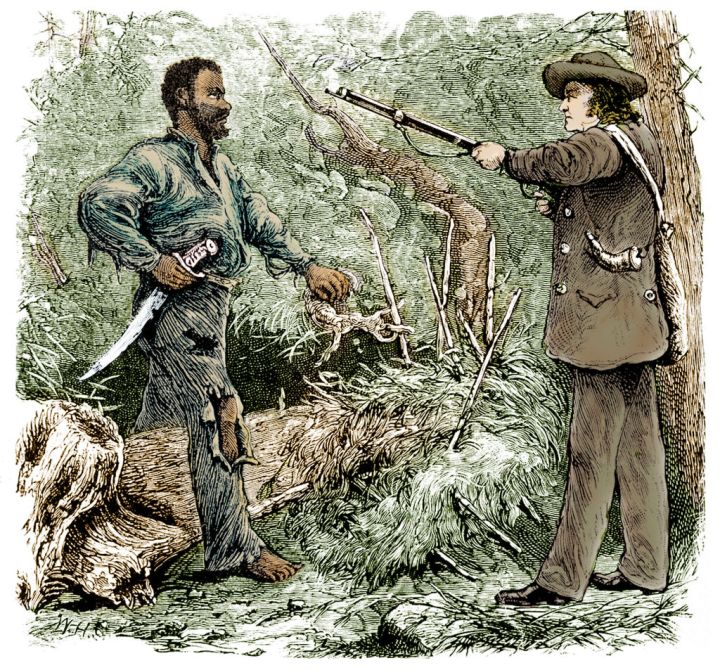 Source:Getty
Source:Getty
Guided by divine purpose, Nat Turner sought to liberate his people from slavery. He used his preaching to rally support. On August 21, 1831, he and his followers initiated a revolt, starting at his master’s house and leaving at least 55 dead as they marched through Southampton County.
2. The Attica Prison Rebellion
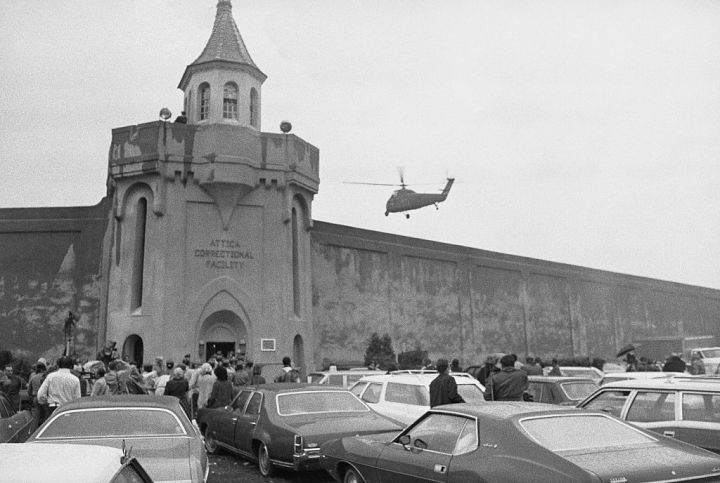 Source:Getty
Source:Getty
The Attica Prison Rebellion occurred in September 1971 at New York’s Attica Correctional Facility. Inmates protested harsh conditions and mistreatment, leading to a four-day standoff. Tragically, authorities’ response resulted in deaths among inmates and staff, shedding light on prison system issues.
3. Ferguson Uprising
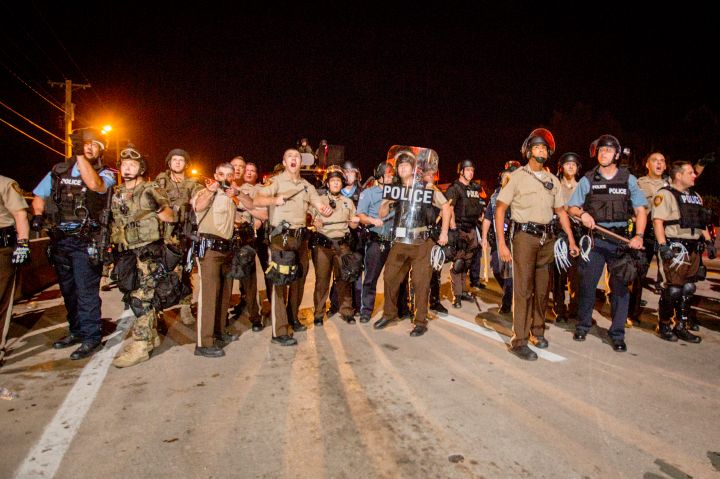 Source:Getty
Source:Getty
The Ferguson Uprising transpired in 2014 in Ferguson, Missouri, following the fatal shooting of Michael Brown, an unarmed Black teenager, by a white police officer. The incident ignited widespread protests and civil unrest. The streets of Ferguson became a symbol of resistance as demonstrators demanded justice and an end to racial profiling.
4. The Baltimore Uprising
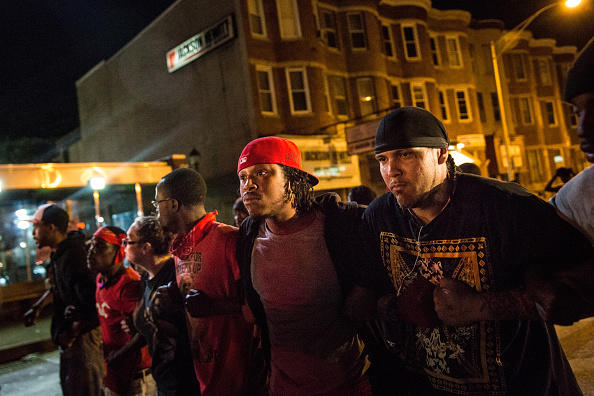 Source:Getty
Source:Getty
The 2015 Baltimore Uprising emerged in response to the death of Freddie Gray, a young Black man who died while in police custody. The city overwhelmed by protests and clashes between demonstrators and law enforcement.
5. Los Angeles Riots of 1992 ‘Rodney King Riots’
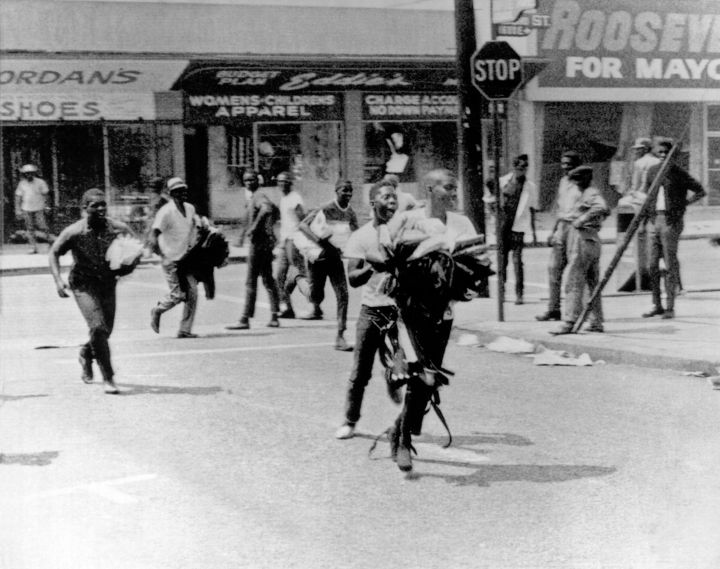 Source:Getty
Source:Getty
The 1992 Los Angeles riots, also known as the Rodney King riots, erupted following the acquittal of four white police officers captured on video beating Rodney King, a Black motorist. The verdict sparked widespread civil disturbances, resulting in over 50 deaths, numerous injuries, and significant property damage.
6. The 1967 Detroit Riots
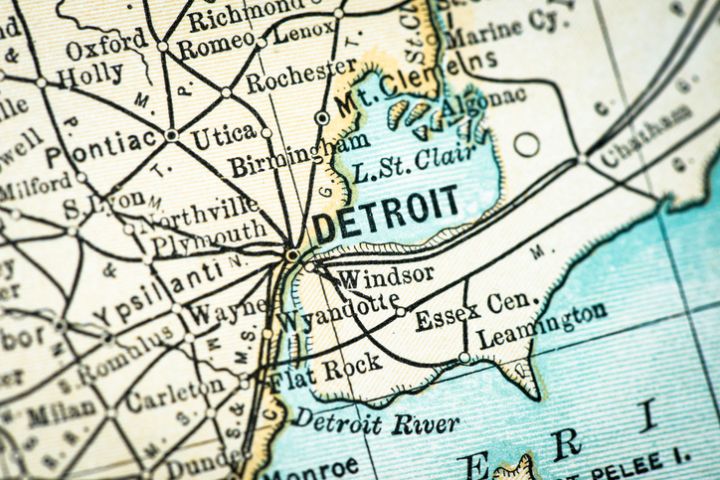 Source:Getty
Source:Getty
The 1967 Detroit Riots, also known as the 12th Street Riot, erupted following a police raid on a “blind pig,” an after-hours bar, in the early morning hours of July 23, 1967. The violence exposed racial tensions, resulting in 43 deaths and extensive property damage.
7. Minneapolis/George Floyd Riots May 2020
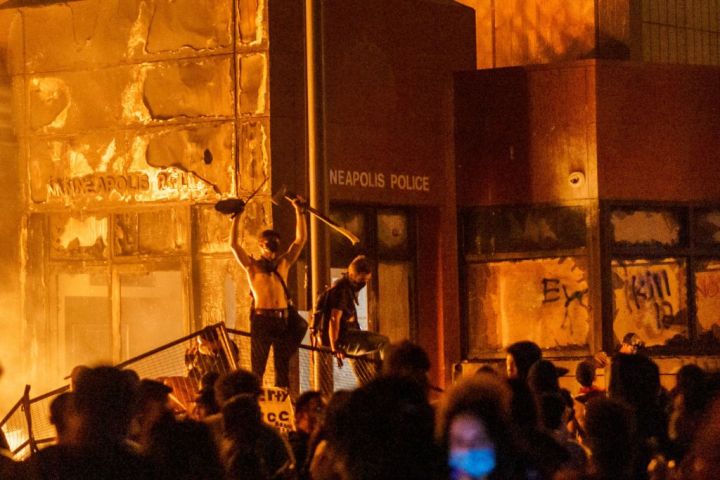 Source:Getty
Source:Getty
The May 2020 Minneapolis/George Floyd uprisings were triggered by the killing of George Floyd, an unarmed Black man. As one of the most recent major riots, this tragic incident led to major widespread protests against police brutality all over the country.
8. Nahel Merzouk Riots
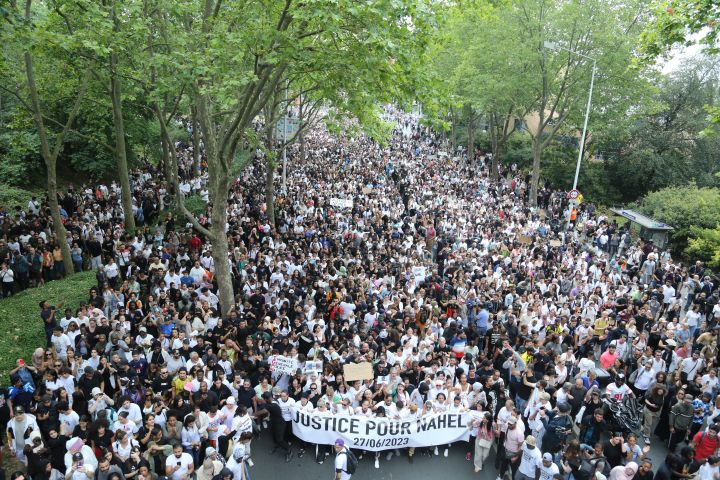 Source:Getty
Source:Getty
In France on 27 June 2023 riots broke out in the aftermath of a tragic incident where a 17-year-old Black delivery driver, Nahel M was fatally shot by a police officer during a routine traffic check in a Paris suburb. The devastating turn of events triggered profound outrage among residents, leading to urgent calls for justice and collective expressions of anger on the streets.
9. The 1968 Martin Luther King Assassination Riots
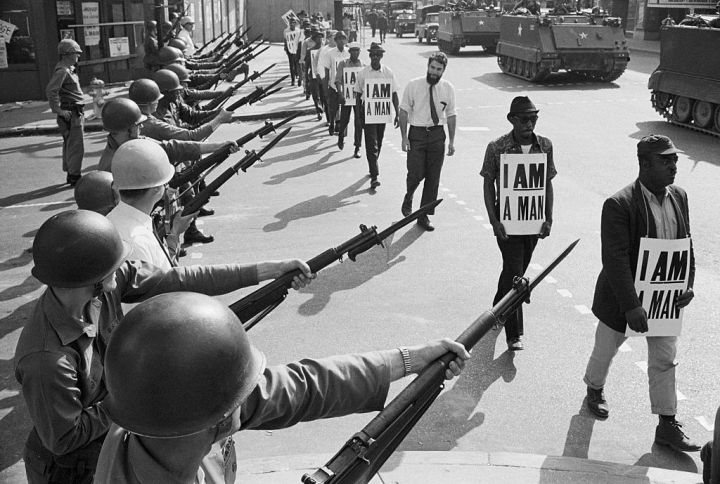 Source:Getty
Source:Getty
The 1968 Martin Luther King Assassination Riots followed the killing of civil rights leader Dr. Martin Luther King Jr. The riots, which occurred in various U.S. cities, reflected the widespread grief and anger over his death.
10. The French Riots of 2005
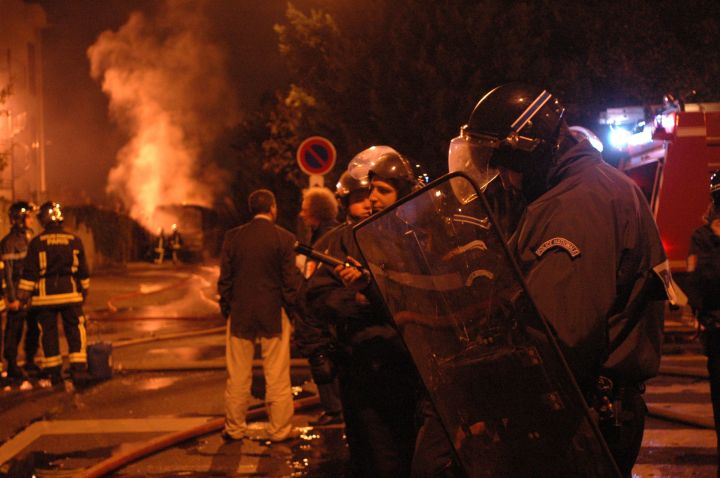 Source:Getty
Source:Getty
On October 27, 2005, the deaths of Zyed Benna and Bouna Traoré after an incident with the police triggered a series of events that led to three weeks of rioting in the suburbs of Paris. Ultimately leading to a state of emergency being declared in November of 2005.

